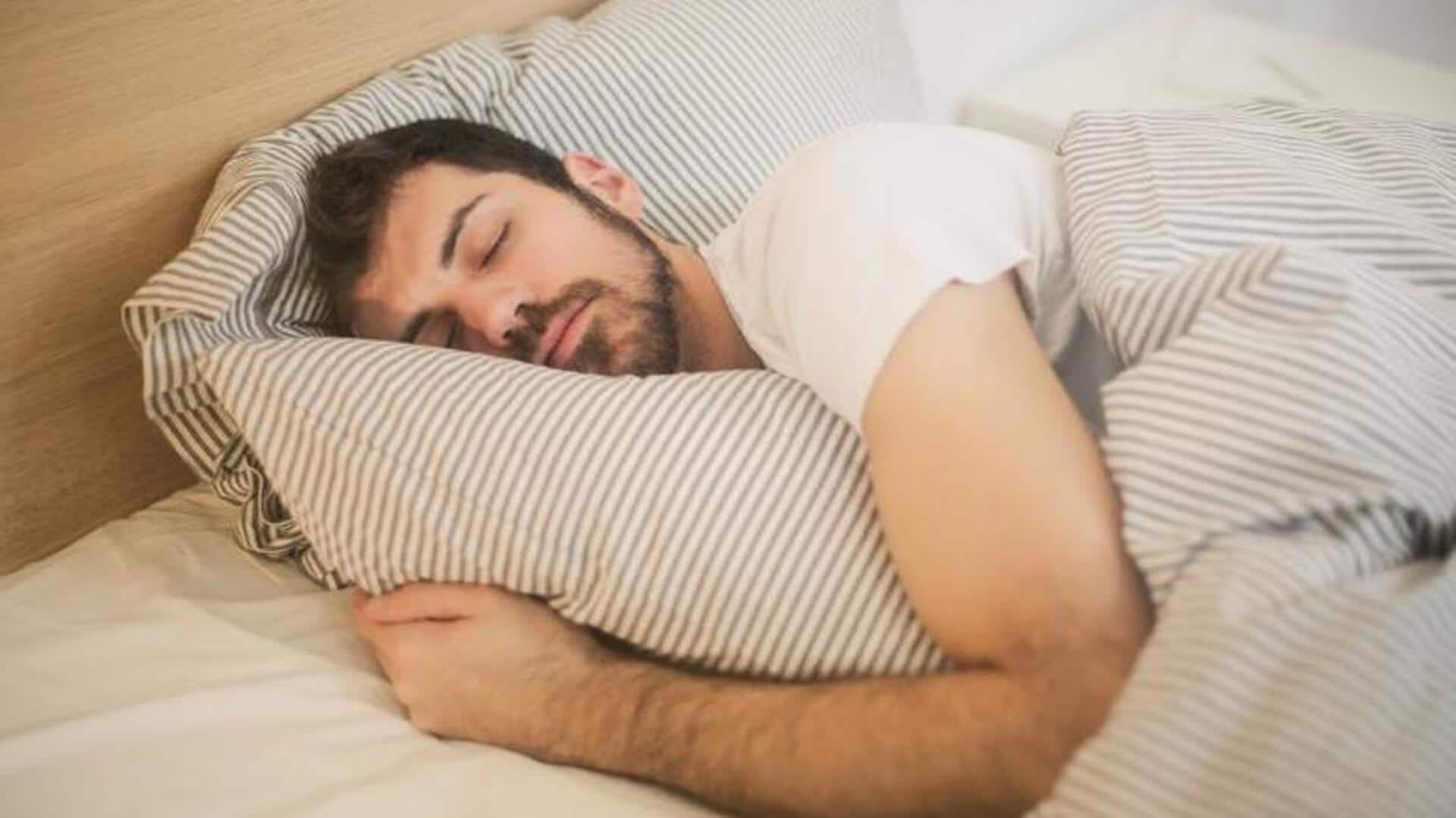
Unraveling the white noise sleep myth
What's the story
Many people swear by white noise as the magic key to deep, dreamy sleep. This idea has become so popular that sales of white noise machines and apps have skyrocketed. But, it's important to take a pause and check in with science. Is white noise really the sleep savior everyone claims it is?
Myth 1
White noise: A universal sleep aid?
White noise helps everyone sleep better - that's a myth. While some research indicates it can assist people in falling asleep quicker by covering up other noises, its effectiveness is highly individual. For others, it can be disruptive to sleep or even contribute to heightened stress. It's not a universal fix; individual preferences and sensitivities are crucial in determining if white noise will be helpful.
Myth 2
Deep sleep guaranteed?
Another myth: White noise helps you reach deeper sleep stages. Scientifically, that's not entirely true. While it can help you fall asleep (and stay asleep) by masking those jarring, wake-you-up sounds, there isn't much research to suggest white noise improves the quality of your deep sleep stages specifically. The effect of white noise on sleep architecture is a bit of a mixed bag in studies.
Myth 3
Safe for everyone?
White noise isn't a one-size-fits-all solution. Prolonged exposure, particularly at high volumes, can damage hearing. It can also create dependence, making it difficult for individuals to sleep without it. While it may help some people by masking disruptive sounds, its effectiveness and safety are not universal. It's important to consider personal experiences and explore other methods for improving sleep.